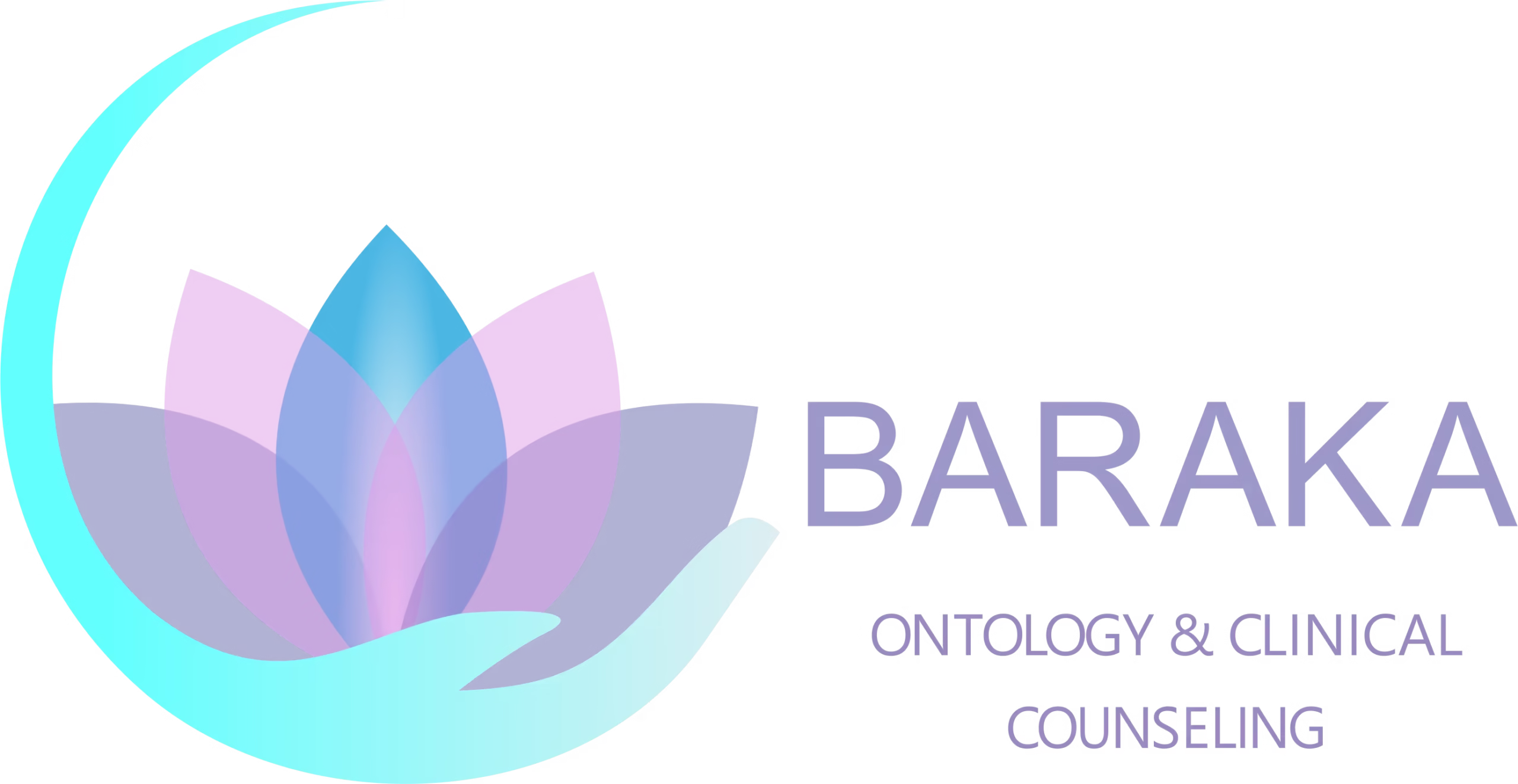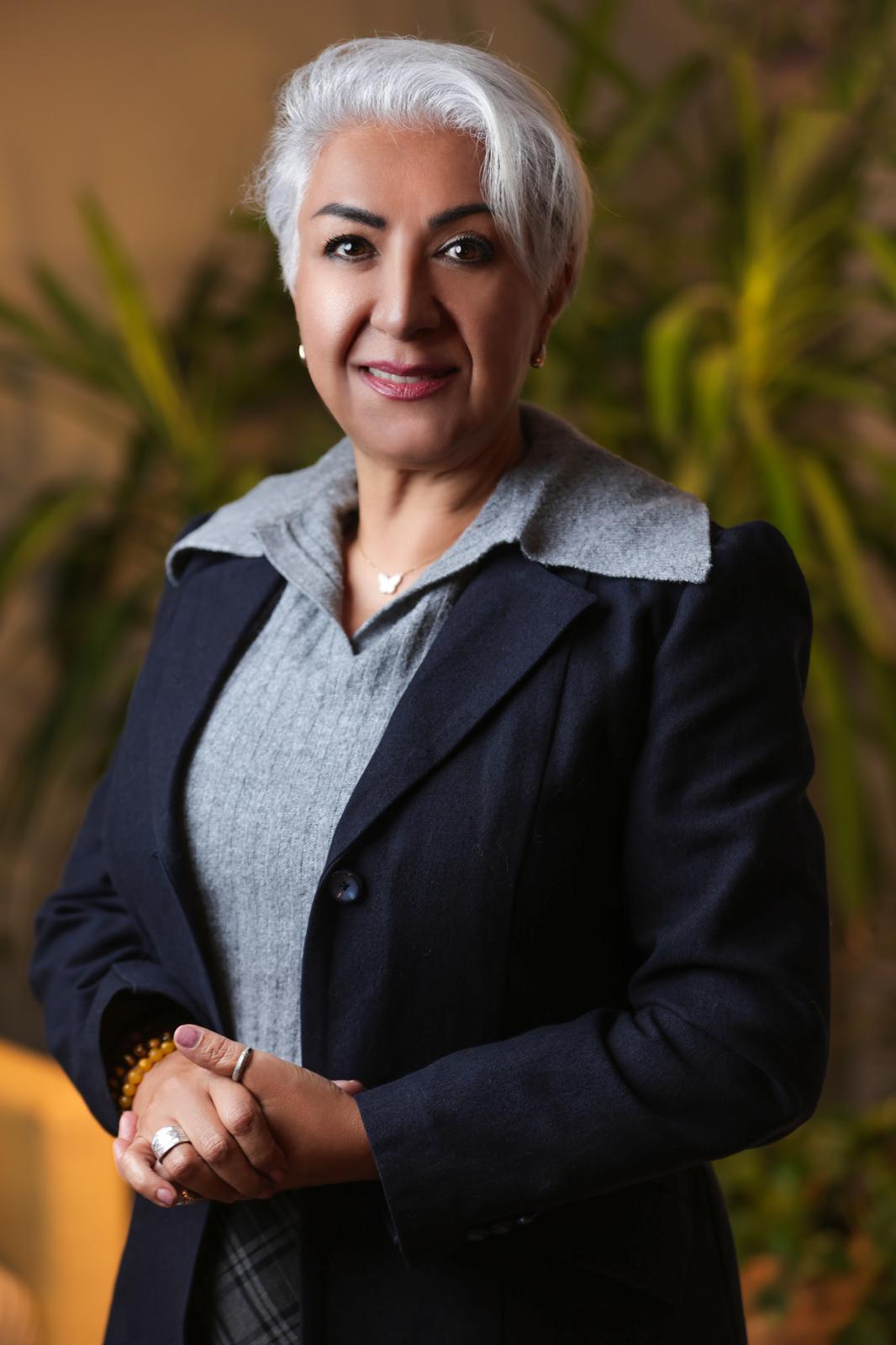Group Coaching in Vancouver: A Powerful Pathway for Growth, Connection & Lasting Change
In today’s fast-paced world, personal growth is no longer optional — it is essential for creating a meaningful and fulfilling life. As people navigate increasing demands, constant distractions, and heightened stress, many seek supportive, structured, and community-driven ways to improve their well-being. Group Coaching has emerged as one of the most effective methods for this, offering a unique blend of personal development, connection, and accountability.
Group Coaching at Baraka OCC is led by Soheila Ansari and Akbar Barzegari, both experienced facilitators who bring warmth, compassion, and evidence-informed methods to help participants grow together. This approach integrates the power of collective wisdom, shared experience, and skilled facilitation — resulting in transformation that is deep, sustainable, and community-driven.
What Is Group Coaching?
Group Coaching is a collaborative personal development experience where individuals with similar goals come together under the guidance of a trained coach. Unlike one-on-one coaching, group coaching leverages:
- Shared learning
- Collective problem-solving
- Community support
- Interactive discussions
- Mutual accountability
Participants benefit not only from the coach’s expertise but also from the diverse perspectives and lived experiences of the group. This creates a dynamic environment where insights happen faster, motivation increases, and personal transformation becomes more achievable.
Group Coaching can focus on various themes, such as:
- Wellness and emotional well-being
- Nutrition and lifestyle improvement
- Career development and professional growth
- Stress reduction and resilience
- Personal identity, confidence, and empowerment
- Communication and interpersonal skills
Why Group Coaching Works: The Power of Collaboration
A Shared Space for Support and Growth
Group Coaching brings people together, creating a sense of belonging at a time when many struggle with isolation and disconnection. Participants support one another through challenges, celebrate wins, and provide encouragement that strengthens commitment to growth.
Collective Wisdom & Diverse Perspectives
Every participant brings unique insights shaped by their background, culture, and experiences. This diversity enhances creative problem-solving and helps individuals see challenges from angles they may never have considered.
Motivation & Accountability
When individuals commit to goals in a group setting, they are more likely to follow through. Regular check-ins create a rhythm of accountability, while the group’s encouragement maintains momentum, even during difficult periods.
Skill Development Through Interaction
Group exercises, discussions, and reflective activities help participants develop:
- Communication skills
- Active listening
- Emotional intelligence
- Leadership abilities
- Problem-solving strategies
These skills transfer into daily life — improving relationships, work performance, and self-confidence.
More Affordable Than One-on-One Coaching
Group Coaching is a cost-effective way to receive professional guidance. Participants share the cost of expert facilitation, making high-quality coaching more accessible.
Peer Support & Long-Term Networking
Participants often form meaningful connections that extend beyond the coaching program. These relationships provide ongoing encouragement, collaboration opportunities, and continued growth.
Types of Group Coaching
1. Group Wellness Coaching
Focuses on improving emotional, physical, and mental well-being. Participants work on building healthier habits, developing resilience, and supporting one another in creating balanced lifestyles.
2. Group Nutrition Coaching
Helps individuals build sustainable eating habits, learn mindful nutrition practices, plan balanced meals, and develop a healthier relationship with food — all within a supportive group dynamic.
3. Peer Coaching Groups
Participants take turns coaching and being coached, developing self-awareness, communication skills, and accountability. This collaborative model fosters confidence and leadership.
4. Collaborative Coaching Groups
Brings together individuals from diverse backgrounds to foster creative thinking, cross-domain problem-solving, and innovative personal development strategies.
Essential Skills for Effective Group Coaching
Professional group coaches must bring strong interpersonal and facilitation competencies. At Baraka OCC, Soheila Ansari and Akbar Barzegari use the following skills to create transformative group experiences:
Active Listening
Ensures every participant feels seen, heard, and respected — fostering emotional safety and trust.
Facilitation & Communication
Guides group discussions, balances different personalities, and ensures all voices contribute meaningfully.
Empathy & Emotional Intelligence
Helps coaches understand emotional cues, support participants through challenges, and create a nurturing atmosphere.
Adaptability & Flexibility
Allows coaches to customize each session based on the group’s evolving needs, goals, and dynamics.
Why Choose Group Coaching at Baraka OCC?
Experienced Facilitators
Both Soheila Ansari and Akbar Barzegari have extensive experience supporting individuals and groups in personal development, cultural adjustment, emotional wellness, and transformational growth.
Culturally Inclusive Approach
Baraka OCC specializes in culturally sensitive, trauma-informed, and inclusive coaching practices that honour diverse backgrounds and life experiences.
Holistic, Evidence-Informed Methods
Our coaches integrate behavioral science, psychology-informed practices, mindfulness, and collaborative learning frameworks.
A Safe & Supportive Environment
Group sessions are structured to promote trust, confidentiality, and genuine connection — essential components for deep personal transformation.
Accessible Online & In-Person Options
Participants can join sessions from anywhere in Vancouver, West Vancouver, or across British Columbia.
Frequently Asked Questions (FAQs)
1. How is Group Coaching different from individual coaching?
Group coaching emphasizes community, shared learning, and collective growth. While individual coaching provides personalized one-on-one support, group coaching offers peer insights, diverse perspectives, and a powerful sense of motivation.
2. Do I need to be comfortable speaking in groups?
Not at all. Many participants begin as quiet observers and gradually build confidence. Coaches create a supportive environment where every contribution is welcomed but never forced.
3. Can group coaching help with personal or professional goals?
Yes. Group coaching is effective for wellness, emotional support, career advancement, nutrition, lifestyle habits, and self-confidence — depending on the group’s theme.
4. How many people are in each group?
Groups are typically small to ensure personalized attention and meaningful interactions.
5. What if I miss a session?
Depending on the program format, summaries or make-up options may be available. Consistency is encouraged for best results.
6. Are sessions available online?
Yes. Participants can join in person or remotely, making sessions accessible across BC.



